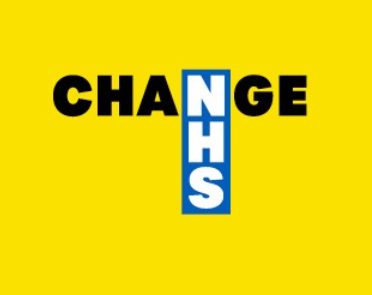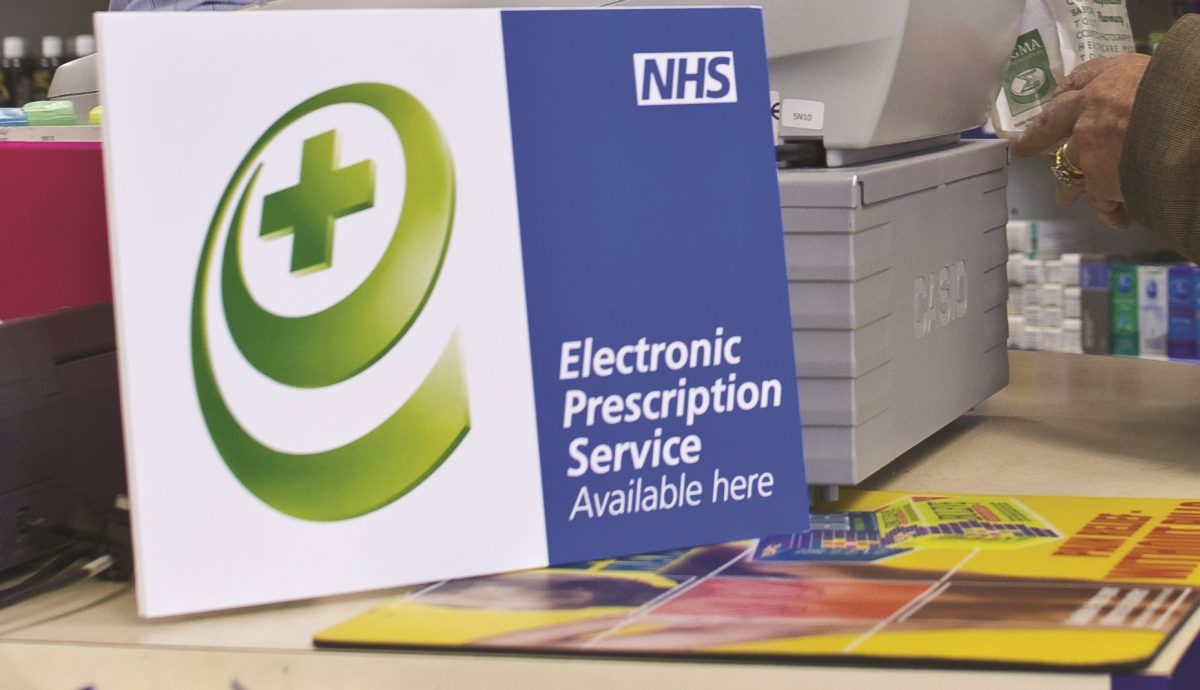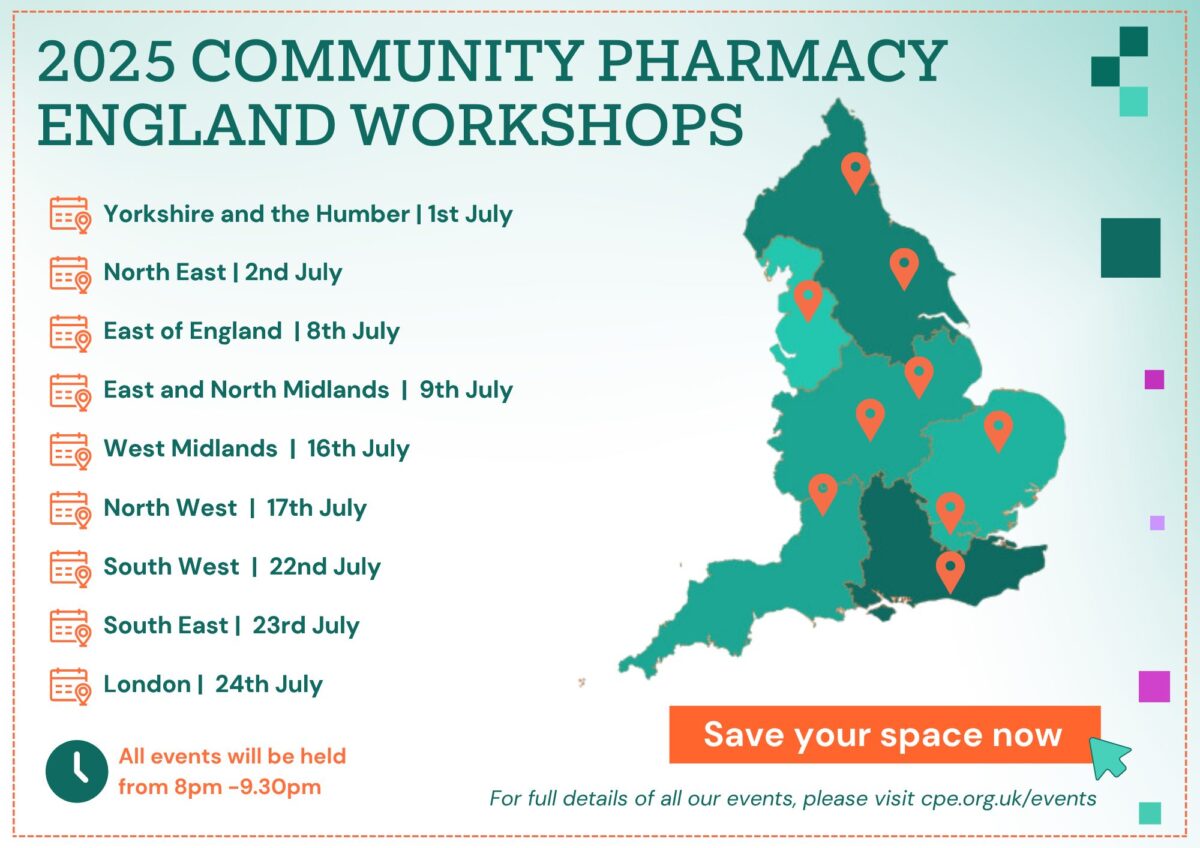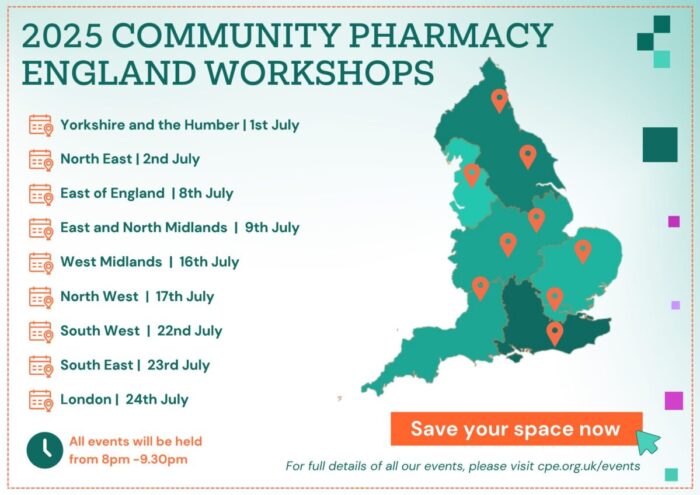National Patient Safety Alert: Discontinuation of Kay-Cee-L® (potassium chloride 375mg/5ml) (potassium chloride 5mmol/5ml) syrup
National Patient Safety Alert: Discontinuation of Kay-Cee-L® (potassium chloride 375mg/5ml) (potassium chloride 5mmol/5ml) syrup
National Patient Safety Alert Reference Number: NatPSA/2024/011/DHSC
Date issued: 21-Oct-2024
This NatPSA supersedes NatPSA/2024/008/DHSC
This alert is for action by: All organisations involved in prescribing, dispensing and administering Kay-Cee-L® (potassium chloride 375mg/5ml) (potassium chloride 5mmol/5ml) syrup.
This is a safety critical and complex National Patient Safety Alert. Implementation should be co-ordinated by an executive lead (or equivalent role in organisations without executive boards) and supported by clinical leaders in paediatrics, GP practices and pharmacy services in all sectors.
Explanation of identified safety issue
Kay-Cee-L® (potassium chloride 5mmol/5ml) syrup will be discontinued from late November 2024 due to manufacturing and commercial issues.
Sando-K® (potassium bicarbonate 400mg and potassium chloride 600mg) effervescent tablets remain available and can support a full increase in demand. One effervescent tablet contains 12mmol potassium.
Unlicensed potassium chloride oral solutions manufactured within the UK are available via Specials manufacturers, lead times vary. NOTE A
Care is needed to ensure selection of the most appropriate oral potassium supplement and delivery of the correct dosage.
Actions required
Actions to be completed 31/10/2024
Primary and Secondary care providers MUST:
1. Not initiate new patients on Kay-Cee-L ® syrup.
2. Proactively review all patients currently prescribed Kay-Cee-L® syrup to establish if potassium supplementation is still required, and switch to an alternative treatment, if considered necessary, ensuring no intolerance of excipients. NOTE E
3. Patients requiring doses of less than 12mmol of potassium should be prescribed:
a. UK manufactured Special of potassium chloride oral solution NOTES A & D; or
b. Part-dosing of Sando-K® effervescent tablets is not routinely recommended but can be done if unlicensed specials are not available. NOTES A&D
4. Patients requiring doses of 12mmol potassium or more should be prescribed:
a. Sando-K ® effervescent tablets, where the dose can be rounded to the nearest whole tablet NOTE C or
b. UK manufactured Specials of potassium chloride oral solution, if Sando-K ® is not suitable. NOTE A
5. When patients are discharged from secondary care, clinicians should ensure any switch is clearly documented. Secondary care teams should inform primary care colleagues of any switches to a new product and any amendments to the patient’s prescribed regimen. NOTES A&D
NOTES
A: Guidance on ordering and prescribing unlicensed medicines
Specials manufacturers have confirmed they can manufacture various strengths of potassium oral solution. A summary of these products is provided in NPPG guidance: unlicensed oral potassium liquid products, although this list is not exhaustive and products may be available from other suppliers.
Clinical teams should ensure that patients and/or carers are trained on the correct volume of liquid to be taken before being discharged. The composition and strength of these presentations vary compared to the UK licensed product; clinicians should refer to the Product Quality statement.
Any decision to prescribe an unlicensed medicine must consider the relevant guidance and NHS Trust or local governance procedures. Unlicensed medicines do not undergo any central quality assessment or suitability evaluation. Therefore, any import must be locally assessed in line with local unlicensed medicines processes.
Prescribers should work with local pharmacy teams to ensure orders are placed within appropriate time frames as lead times may vary. There may be other companies that can also manufacture this product. Specials are unlicensed medicines manufactured in the UK. The composition and strength of these presentations vary compared with the UK licensed product, so clinicians should refer to the Product Quality statement.
Any decision to prescribe an unlicensed medicine must consider the relevant guidance and NHS Trust or local governance procedures. Unlicensed medicines do not undergo any central quality assessment or suitability evaluation. Therefore, any import must be locally assessed in line with local unlicensed medicines processes.
B: Kay-Cee-L ® syrup
• 1mL of syrup contains 1mmol of potassium and 1mmol of chloride
• Licensed for the treatment of hypokalaemia and potassium deficiency of renal and extra-renal origin.
C: Sando-K® effervescent tablets
• ONE tablet contains 12mmol of potassium and 8mmol of chloride
• ONE tablet contains 0.1mmol of sodium and 521.5 mg of sucrose
• Licensed for the prevention and treatment of hypokalaemia
Doses of 12mmol potassium or more should be rounded to the nearest whole tablet.
D: Part-dosing of Sando-K ® effervescent tablets
Part-dosing is not routinely recommended. However, in exceptional circumstances, where UK manufactured specials of potassium chloride liquid are not available, part-dosing may be considered. Clinical teams should ensure that patients and/or carers are trained on how to administer the correct dose and can demonstrate safe administration of part-doses.
Please refer to the NPPG Position Statement for further information. Each patient should also receive a completed copy of How to give calcium, phosphate or potassium using effervescent tablets before being discharged.
E: Excipient content and selection
Information is available in NPPG and RCPCH guidance: Choosing an Oral Liquid Medicine for children.
Please see full guidance in the alert.









